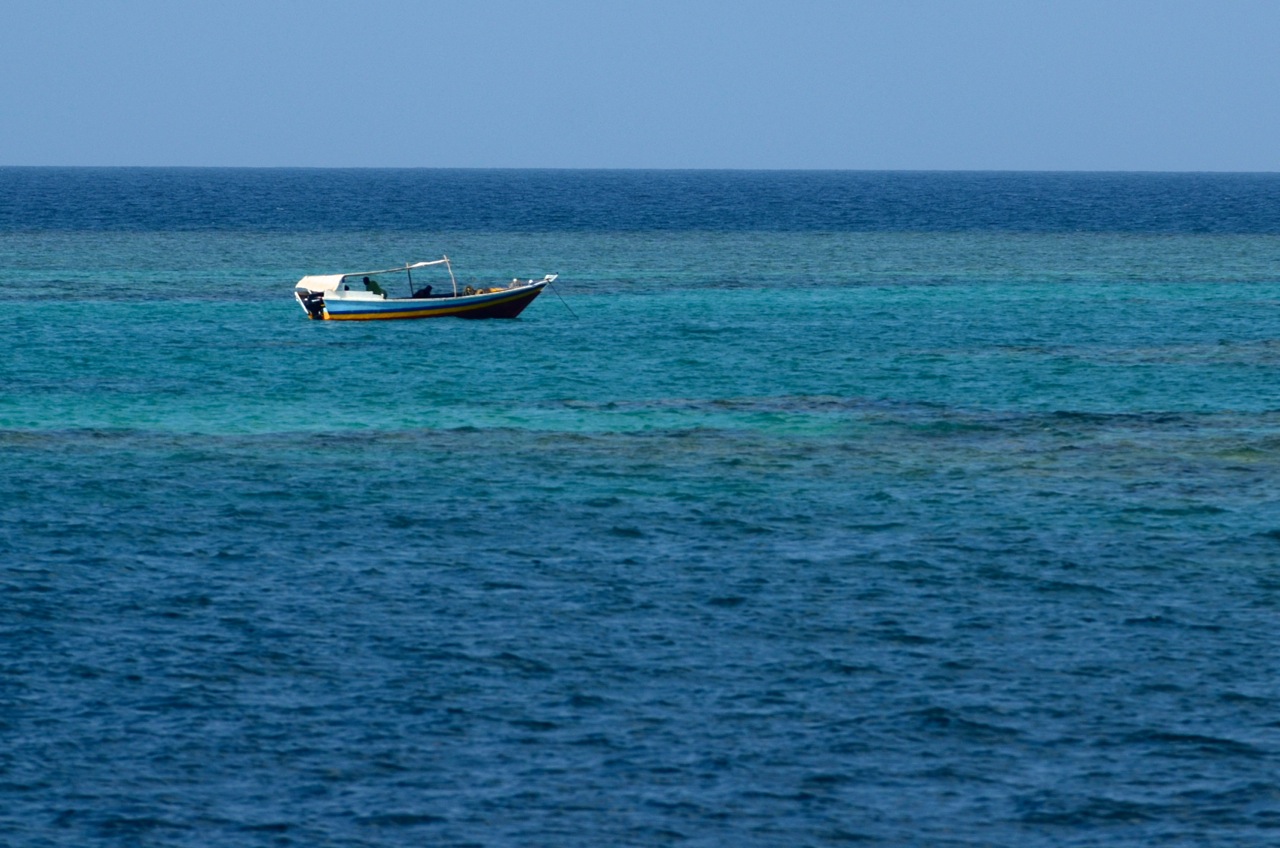By: Erik Olsen and Even Moland
Sudan, with its 800 km Red Sea coastline, has an extensive coral reef ecosystem that is much less impacted by human activities than similar ecosystems elsewhere. These coral reefs are unique in terms of diversity, coral health and fish biomass, comparable only to that found on remote Pacific atolls.

Photo: J. Trinka, UNIDO
Sudan’s coral reefs are particularly resilient to certain stressors due to its location in an arid region, with minimal run-off or river input, low human population numbers and the corals’ adaptation to a wide annual temperature range.
Yet, these coral reefs are facing challenges from increasing fisheries, shipping with associated port developments, and climate change where increasing ocean temperature lead to coral bleaching and -mortality. Pressures will increase, and with time the coral reef gems along the Sudanese coast will likely be suffering from the same overuse and unsustainable environmental impacts that other coral reef ecosystems are currently facing worldwide.
 Photo: E. Olsen, IMR
Photo: E. Olsen, IMR
These issues and concerns can best be addressed by developing comprehensive ecosystem-based management plans for the entire coast that consider all human activities.
Armed with new knowledge from a recent development project Sudan is now in position to develop and expand from just managing fisheries to consider all sectors and all impacts on their coral reefs. Proactively managing and protecting this unique ecosystem is key to safeguarding its health for the future. This requires that we all continue our support for developing such management of Sudan’s coast and coral reefs.





